Everyone has a perspective, a “point of view,” or POV, if you will. We all have a vantage point from which we perceive the world around us with our senses and, moreover, everyone has their own way of thinking and feeling about what they are perceiving with those senses.
Thinking and feeling are interconnected. Thinking and feeling certain ways can cause a person to say certain things and behave in certain ways, and then, one will feel and think certain ways after having said or done what one has said and done because saying certain things (to yourself or out loud) and behaving in certain ways reinforces what one already thinks and feels.
It’s a loop, really.
If you’re not happily looping, however, there is a way out, and, once out, one is free to enjoy without needing anything or having to go anywhere and with the added bonus of a light-hearted happy feeling of good humor.
What could be better?

It begins with cultivating an awareness of how one’s thoughts affect one’s feelings. As an online grief assistant put it (not that you’re grieving, but this applies to all feelings), “When your thoughts appear to be the product of your overwhelming sadness and grief, know that it is your thoughts that are feeding the sadness rather than the other way around. Your thoughts generate a feeling which you then act upon” (“How our thoughts govern how we feel“).
When you have a good, bad or indifferent thought, a matching good, bad or indifferent feeling will be the result. It’s all cause (thought) and effect (feeling) in a chain of causes and effects.
If one isn’t aware of how one’s thoughts affect one’s feelings and thus one’s self and the world at large, one can unknowingly let thoughts get the better of one by looping in a way that limits or eliminates happiness, because happiness, if you dig into it, is the ground of one’s being. Happiness is there all the time in the background before we muddle ourselves with thinking and feeling.
Cue music:
As a kid you were probably naturally happy, that is, unless your happiness was tarnished by someone equally tarnished, but even then, even if it feels like your happiness is or was tarnished, even if you think happiness is completely missing, it actually isn’t.
You can have everything but still not be happy and, conversely, you can have nothing and be happy. It depends on how one thinks. The trick is to limit bad thoughts and feelings and nurture good thoughts and feelings. By repeating the latter (good thoughts and feelings), the former (bad thoughts and feelings), evaporate.
Happiness doesn’t come from outside sources like cars and money, nor does it come from experiences like world travel or cannabis imbibing. We know how thoughts and feelings come and go like clouds on any given day as we age, but one thing remains in the background blue sky: one’s self prior to thinking.
To enjoy is to agree to partake. Violence begets violence. Peace begets peace. So it is. Make your choice. Enjoyment is affirmed when one says, “I will enjoy” but not at the expense of others. Just as one can initiate enjoyment with an affirmation, so too can enjoyment be prevented by a lack of attention or unrealistic expectations.
Metaphorically speaking, who one is, as a person, is like someone wearing sunglasses. The sunglasses one wears affects how one sees. When one wears pink sunglasses, the world appears pink. Likewise, so too is the world colored by the lens of one’s thoughts and feelings about what one has seen, thought or felt in the past and is seeing, thinking and feeling in the present.
The reality that we assume to be real—that each of us perceives with our senses combined with awareness—the reality that we consider to be reality, is not really reality, at least, not directly.
Looking at reality is kind of like watching reality TV. Reality TV is not reality. It’s TV reality. So too is one’s personal subjective reality. If one perceives reality as harsh and unenjoyable, reality appears harsh and unenjoyable and then one acts accordingly.
In this choice to enjoy, willpower might come to mind, but enjoyment is like sleep, you can’t make it happen. You can, however, set the stage for enjoyment. The philosopher Arthur Schopenhauer (1788-186) said that the will is like “the strong blind man who carries on his shoulders the lame man who can see.” The strong blind man symbolizes willpower and the lame man symbolizes one’s conscious mind. Not everyone has willpower, however. That’s where a contrasting philosophical concept called free will comes in. Whereas willpower emphasizes persistence and determination, free will emphasizes the choices we make and our individual autonomy as conscious beings (The Socratic Method). Having autonomy means one is free to follow one’s heart.
It is one’s conscious mind that possesses the faculties to evaluate the consequences of one’s actions. It is will power and free will in combination that allows one to navigate the complexities of living. Repeated thoughts become like grooves in a record that play again and again. If one has been treated harshly, one may treat others likewise but if one perceives the world without a bias initiated by a past experience, one can get out of the rut of past thinking to realize the beauty that is in front of one, like a blue sky hidden by clouds.
Clouds are like thoughts. They come and they go. They cover the background blue sky which is the happiness we feel when we let all those thoughts drift on by.
If one can see the big-picture, one can see one’s sameness with others and the beauty of living and, if one can see that big-picture and enjoy the feeling of being and breathing in that blue sky feeling without thinking or needing, well then, one is effortlessly and naturally happy.
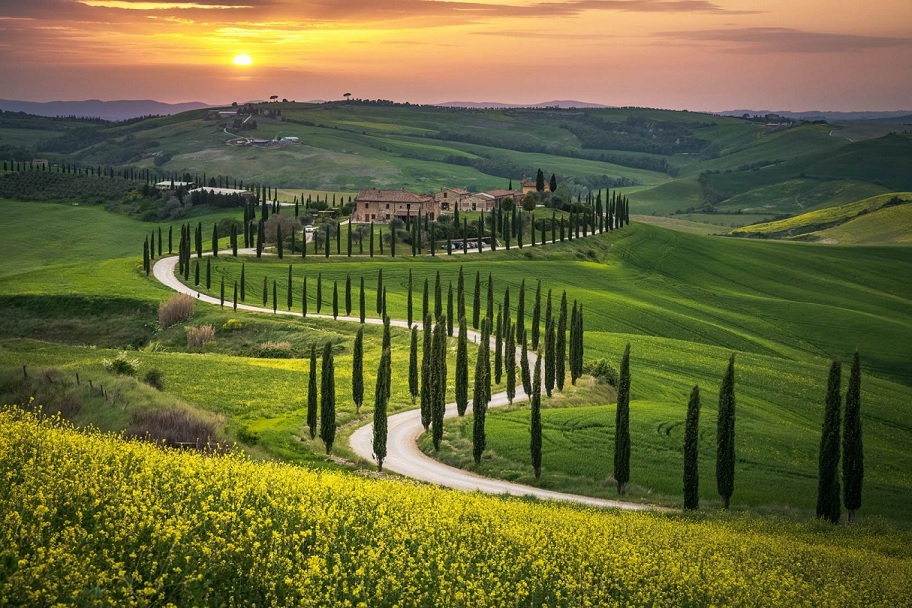
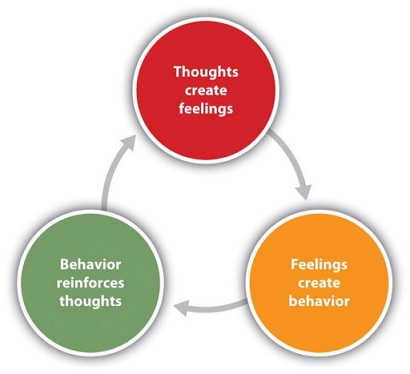
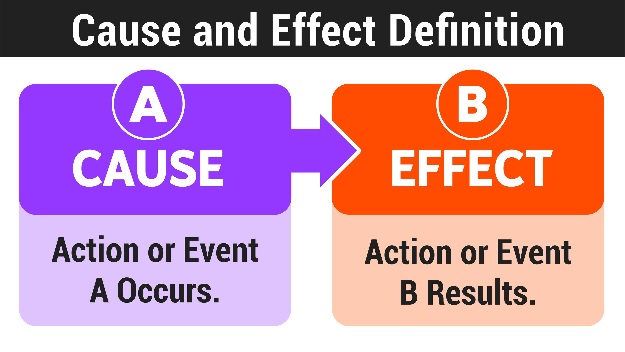

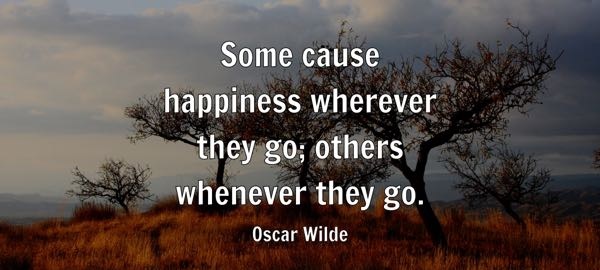
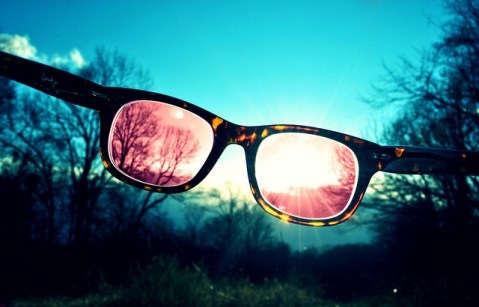
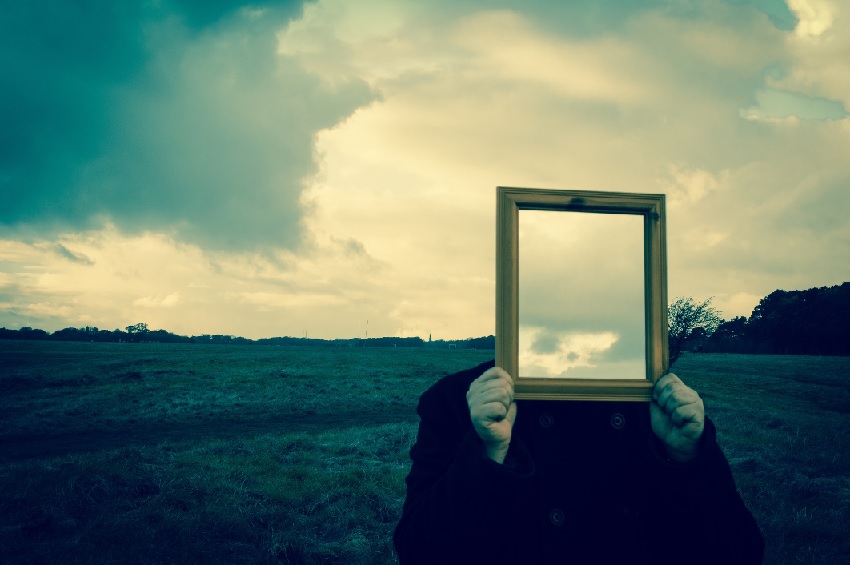

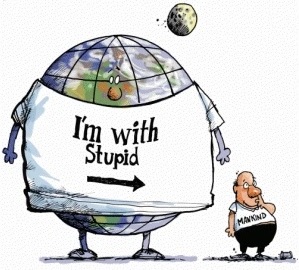


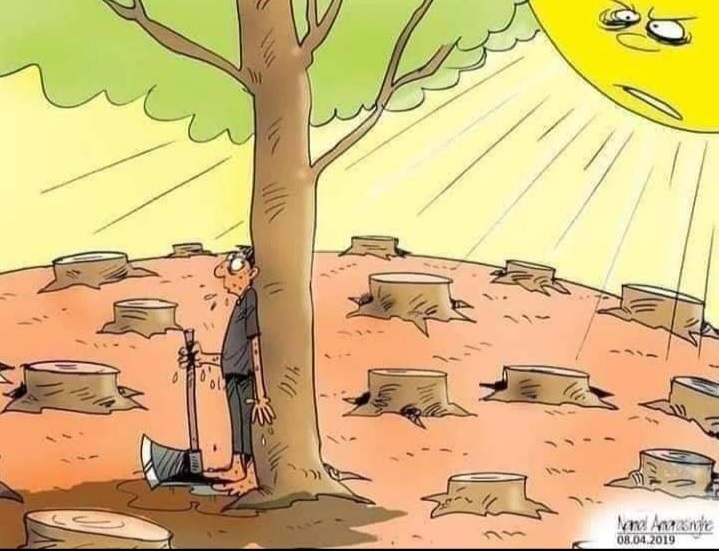
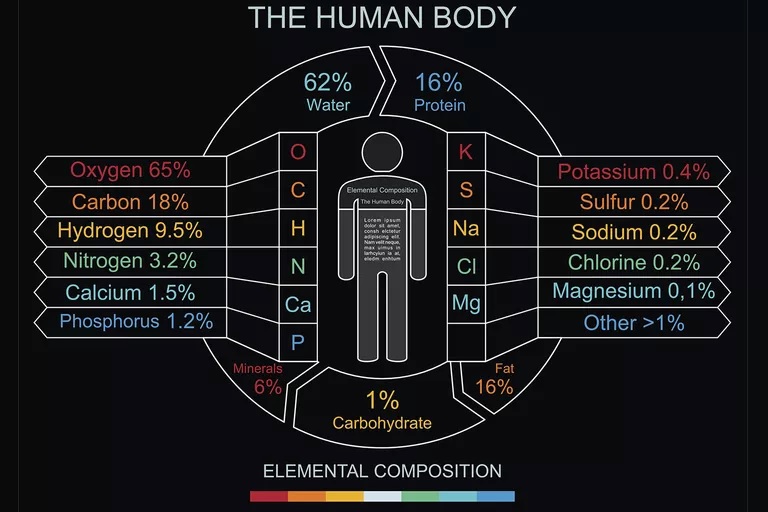
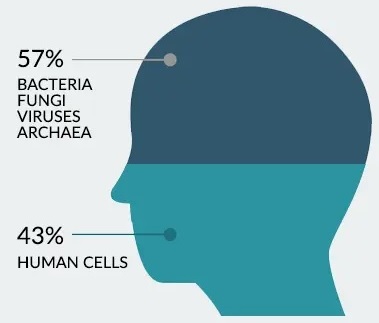
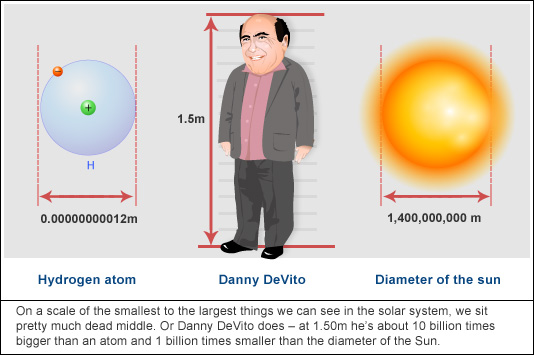

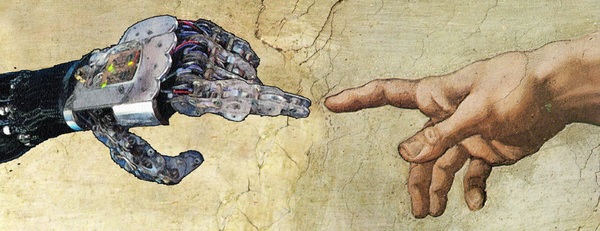
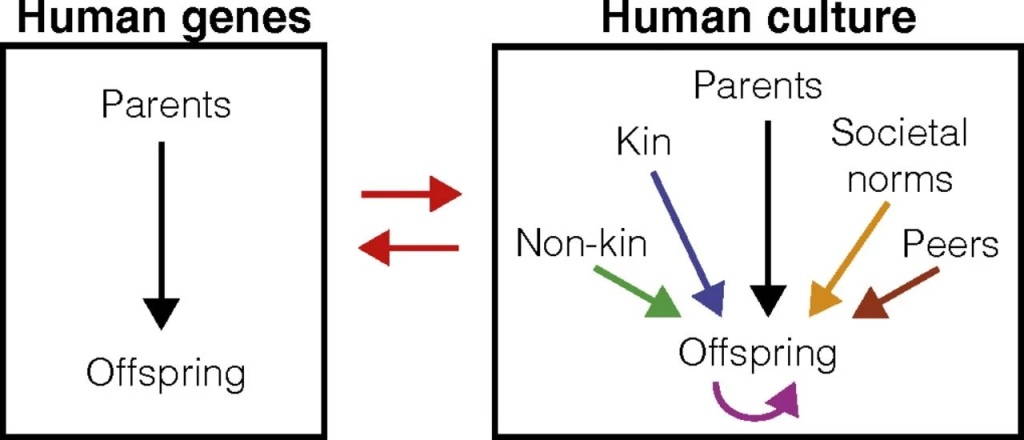
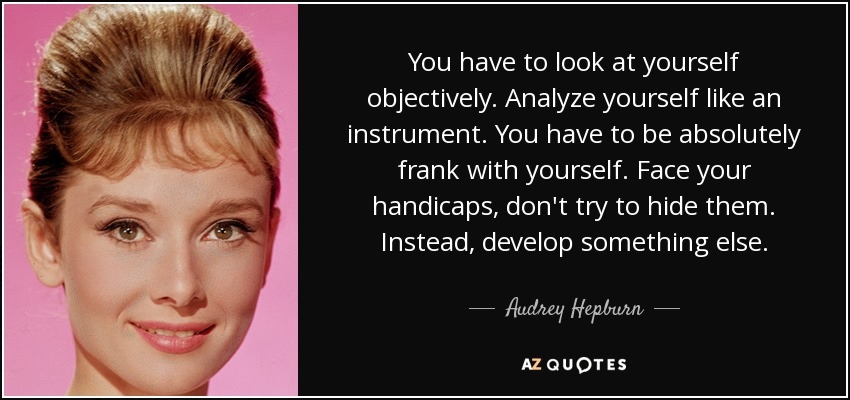

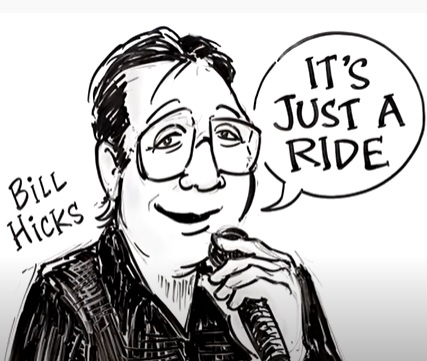

















 The sky rumbles and ruminates upon your fate as you stand bewildered. A thundering song rocks your brain: “I was caught in the middle of a railroad track (thunder!). I looked round and I knew there was no turning back (thunder!)” (“
The sky rumbles and ruminates upon your fate as you stand bewildered. A thundering song rocks your brain: “I was caught in the middle of a railroad track (thunder!). I looked round and I knew there was no turning back (thunder!)” (“

 We trick ourselves into thinking there must be a watcher for something to be watched, that what happens now follows the past, but it’s the other way round: the past follows from what’s happening now.
We trick ourselves into thinking there must be a watcher for something to be watched, that what happens now follows the past, but it’s the other way round: the past follows from what’s happening now.


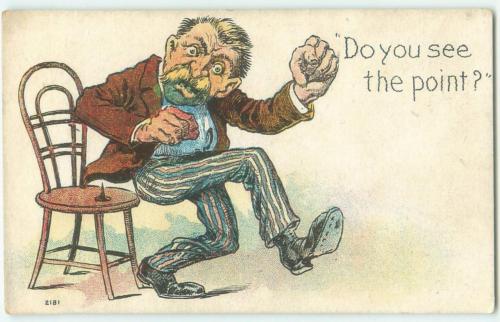







 We have a limited idea of who we are. Yes, we are each a bag of skin crowned by a cranium, but do we end in skin? What about air in lungs and energy from the sun in our bellies? Going into atoms we see nothing there – just energy waves. We’re energy waves. Not that this matters when you stub your toe, but a “hard” world is softened with a realization of how interconnected and diaphanous (light and insubstantial) this all is.
We have a limited idea of who we are. Yes, we are each a bag of skin crowned by a cranium, but do we end in skin? What about air in lungs and energy from the sun in our bellies? Going into atoms we see nothing there – just energy waves. We’re energy waves. Not that this matters when you stub your toe, but a “hard” world is softened with a realization of how interconnected and diaphanous (light and insubstantial) this all is.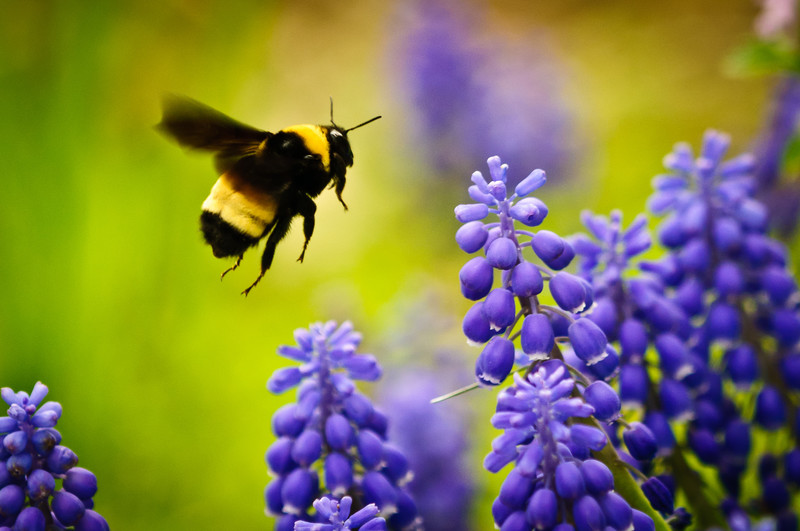
 What you love is what you enjoy. Enjoyment is a one step process: Express love for something and you are happy.
What you love is what you enjoy. Enjoyment is a one step process: Express love for something and you are happy.
 You’re up before the sun “working in a coal mine, going down down,” and someone says, “Lord! I am soooo tired. How long can
You’re up before the sun “working in a coal mine, going down down,” and someone says, “Lord! I am soooo tired. How long can  But few people see signs these days and those who do are maligned. We might crave a vision but all we have is TV. It’s not because the signs aren’t there that we don’t see them.
But few people see signs these days and those who do are maligned. We might crave a vision but all we have is TV. It’s not because the signs aren’t there that we don’t see them.


 No sooner do you have this realization when you see a sign. But it isn’t the sign that catches your attention. It’s the sign spinner. Stopped at a streetlight, you watch the sign spinner. Suddenly life doesn’t seem so bad.
No sooner do you have this realization when you see a sign. But it isn’t the sign that catches your attention. It’s the sign spinner. Stopped at a streetlight, you watch the sign spinner. Suddenly life doesn’t seem so bad. What you thought was going to be “one of those days” changes into something beautiful when you open yourself to connection and possibility.
What you thought was going to be “one of those days” changes into something beautiful when you open yourself to connection and possibility. Jump forward: now you’re in a lab cubicle waiting for a nurse to take your blood. You’re listening to the Moody Blues sing “
Jump forward: now you’re in a lab cubicle waiting for a nurse to take your blood. You’re listening to the Moody Blues sing “



 But when you are lost in gazing at the moon, who are you? Who is the real you – the you who was a child – the secret you – the true you? Who are you when you’re asleep? As Suzanne Little sang in
But when you are lost in gazing at the moon, who are you? Who is the real you – the you who was a child – the secret you – the true you? Who are you when you’re asleep? As Suzanne Little sang in 


 As Sandy Nelson put it in in the 1961 hit “
As Sandy Nelson put it in in the 1961 hit “ It’s because we each see through a mental window of our own making. From this self-window the world is negotiated. We look for advantages. We envy. We see faults. We worry. Our world is decorated with self-created irritations and we feel different and alone within our self-made, self-identity.
It’s because we each see through a mental window of our own making. From this self-window the world is negotiated. We look for advantages. We envy. We see faults. We worry. Our world is decorated with self-created irritations and we feel different and alone within our self-made, self-identity.


 In quantum theory there’s a phenomenon known as “superposition” from which it’s possible for the same particle to be doing two contradictory things simultaneously (
In quantum theory there’s a phenomenon known as “superposition” from which it’s possible for the same particle to be doing two contradictory things simultaneously ( Think of a time when you felt a feeling of love, of beauty, of understanding, of oneness with everything and everyone.
Think of a time when you felt a feeling of love, of beauty, of understanding, of oneness with everything and everyone. It’s like we’ve been hypnotized by a magician (our self). He snaps his fingers and says, “Wake up. Look around.” And you do. No longer is reality filtered by fear and desire. It’s direct. What you see blows your mind.
It’s like we’ve been hypnotized by a magician (our self). He snaps his fingers and says, “Wake up. Look around.” And you do. No longer is reality filtered by fear and desire. It’s direct. What you see blows your mind.


 You get those
You get those 
 Even knowing that nothing is separate, people continue to aggrandize themselves. They jump on the idea of the “observer effect” whereby the mind of a conscious observer is said to affect quantum processes, but not so says physicist Richard Feynman:
Even knowing that nothing is separate, people continue to aggrandize themselves. They jump on the idea of the “observer effect” whereby the mind of a conscious observer is said to affect quantum processes, but not so says physicist Richard Feynman:

 There are men at the next table yelling. Humphrey leans close. “Look at them,” he says. (Marcus complies.) “As long as they are busy and entertained, they will be good but tonight these men will drink and look for a fight. Why? Boredom! And why? Because life has no meaning.”
There are men at the next table yelling. Humphrey leans close. “Look at them,” he says. (Marcus complies.) “As long as they are busy and entertained, they will be good but tonight these men will drink and look for a fight. Why? Boredom! And why? Because life has no meaning.” Marcus holds up a flower. Men at the next table mimic. “What is this?” asks Marcus. A flower, thinks Humphrey. “Is this flower a thing?” Yes. It is a thing (weed actually). “What is a thing?” A thing is an object. “Am I a thing?” No. You are a man. “Why am I not a thing and this flower is?”
Marcus holds up a flower. Men at the next table mimic. “What is this?” asks Marcus. A flower, thinks Humphrey. “Is this flower a thing?” Yes. It is a thing (weed actually). “What is a thing?” A thing is an object. “Am I a thing?” No. You are a man. “Why am I not a thing and this flower is?” “What is the meaning of this thing?” asks Marcus of the flower. It has no meaning. “Would you agree that the purpose of this flower is to flower?” Possibly. “Could the meaning of a bird be that it birds?” Birds bird. Flowers flower. You, you. I get it. “Does not a blue sky mean what it is?” Humphrey isn’t sure. “The trouble is that we word the world. We think ourselves separate. We thing it, or, ‘thing-K’ it.” Marcus emphasizes the hard K sound.
“What is the meaning of this thing?” asks Marcus of the flower. It has no meaning. “Would you agree that the purpose of this flower is to flower?” Possibly. “Could the meaning of a bird be that it birds?” Birds bird. Flowers flower. You, you. I get it. “Does not a blue sky mean what it is?” Humphrey isn’t sure. “The trouble is that we word the world. We think ourselves separate. We thing it, or, ‘thing-K’ it.” Marcus emphasizes the hard K sound. “When we were children, the world was what I’d call spiritual. We didn’t name. We didn’t categorize. We didn’t analyze. We enjoyed. One star was not better than another. We ran around without thinking, ‘Why are we running around?’ It’s like we were in Eden – not the Biblical place – but the feeling of delight, contentment, happiness
“When we were children, the world was what I’d call spiritual. We didn’t name. We didn’t categorize. We didn’t analyze. We enjoyed. One star was not better than another. We ran around without thinking, ‘Why are we running around?’ It’s like we were in Eden – not the Biblical place – but the feeling of delight, contentment, happiness
 BAM! Two tankards of ale are slammed onto the table by a beautiful barmaid. They pick up their drinks and enjoy as a musician plays
BAM! Two tankards of ale are slammed onto the table by a beautiful barmaid. They pick up their drinks and enjoy as a musician plays 
 The feeling within Humphrey switches from boredom to…. a feeling of
The feeling within Humphrey switches from boredom to…. a feeling of  Humphrey and Marcus finished their ale and parted. Humphrey said he’d never forget being intensely aware. He thanked Marcus for pointing out the obvious and for showing him how to enjoy. A few days later, Humphrey died of an abscessed tooth.
Humphrey and Marcus finished their ale and parted. Humphrey said he’d never forget being intensely aware. He thanked Marcus for pointing out the obvious and for showing him how to enjoy. A few days later, Humphrey died of an abscessed tooth.